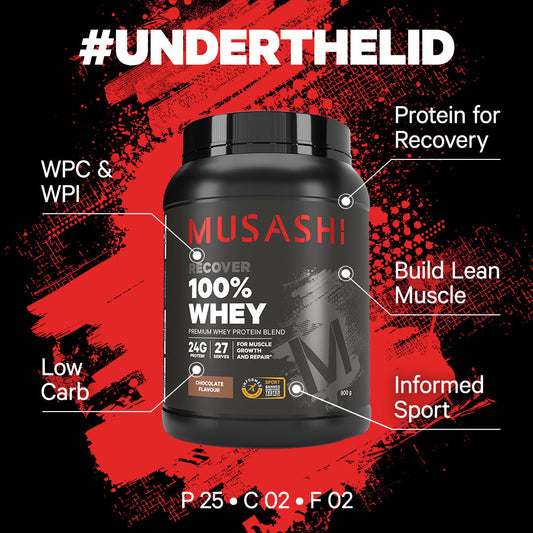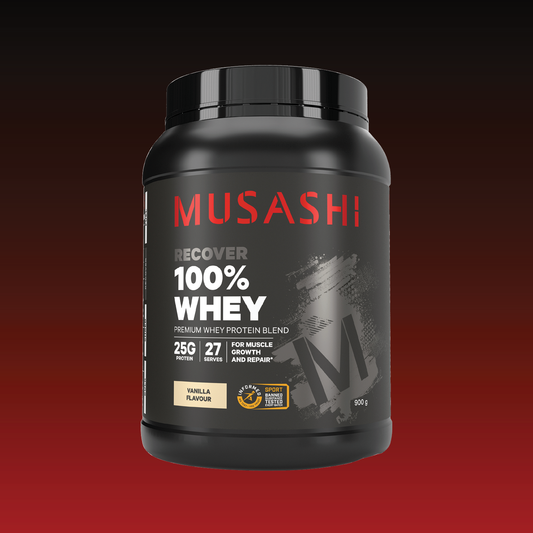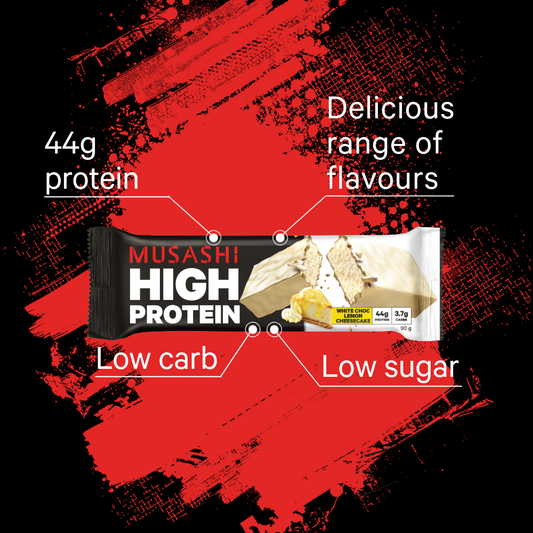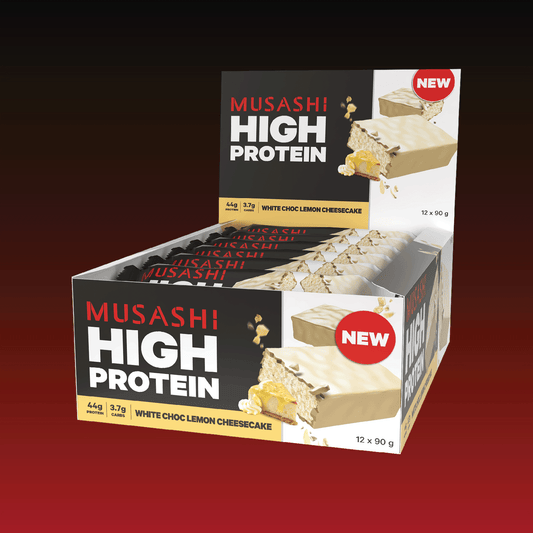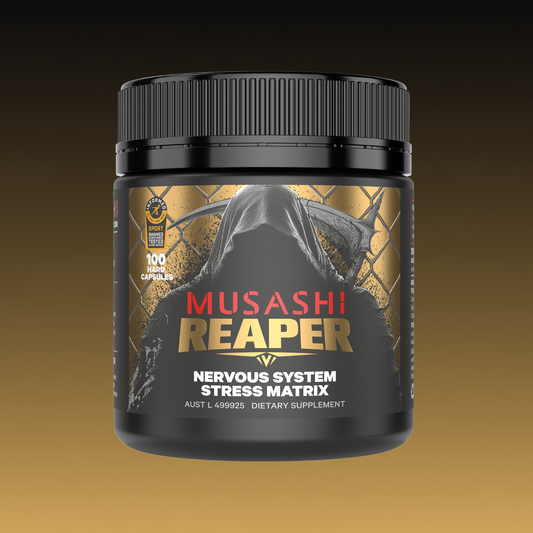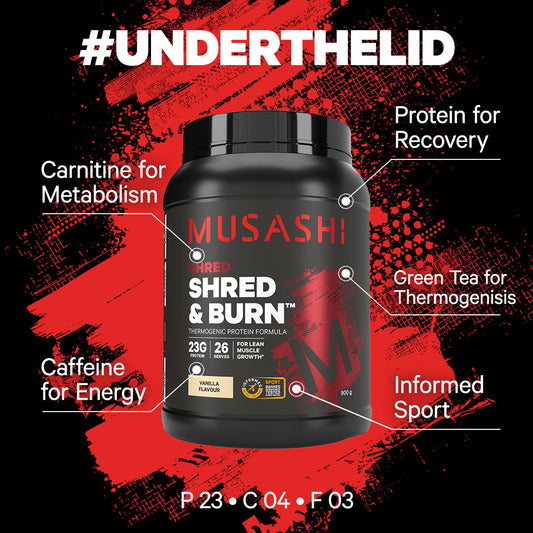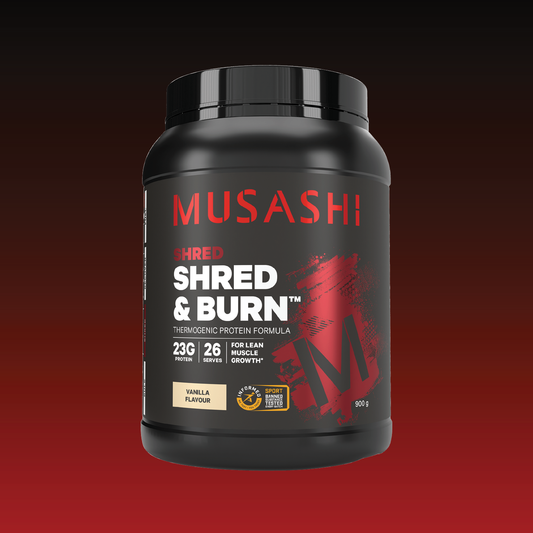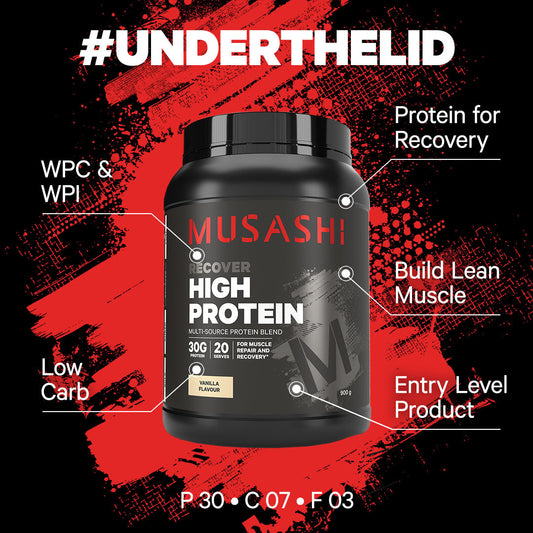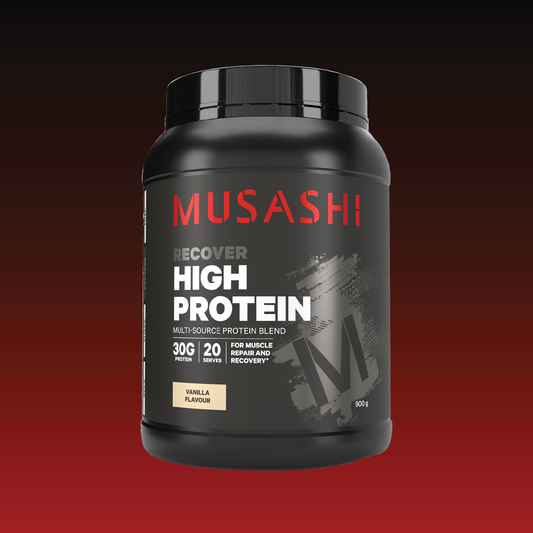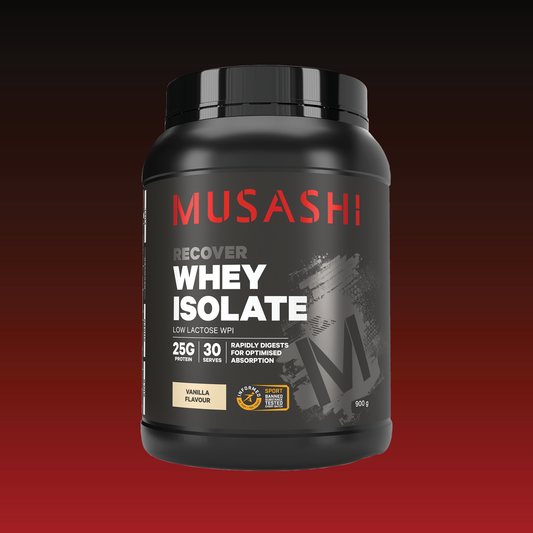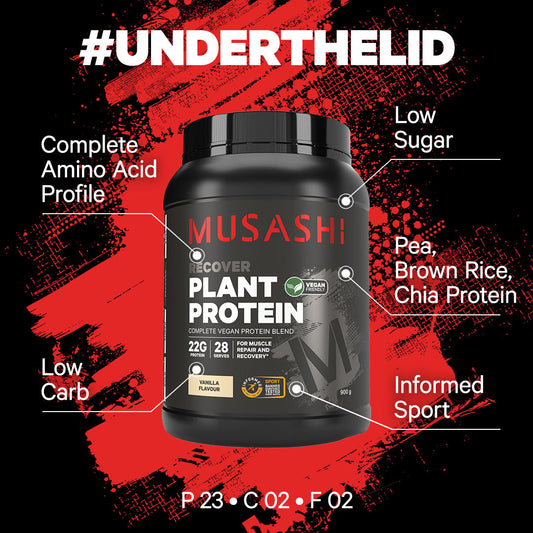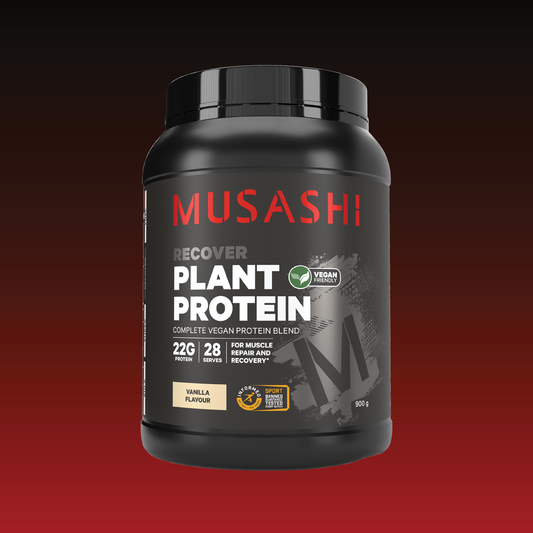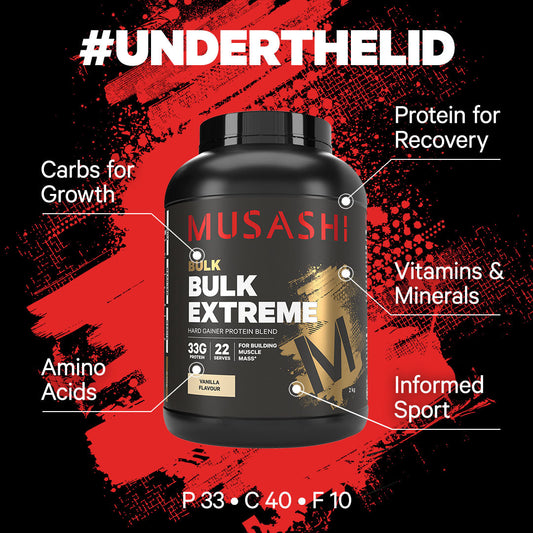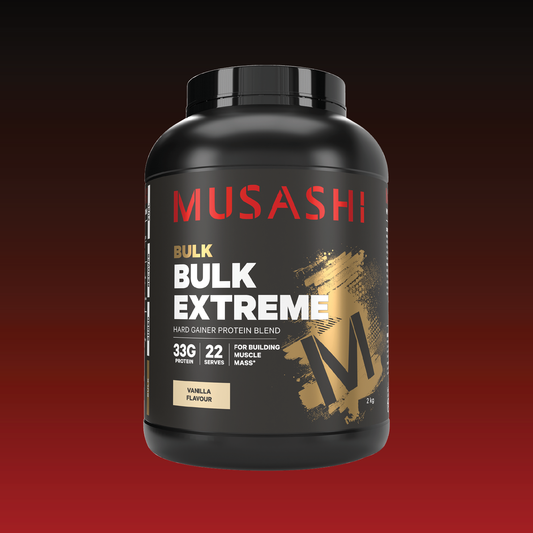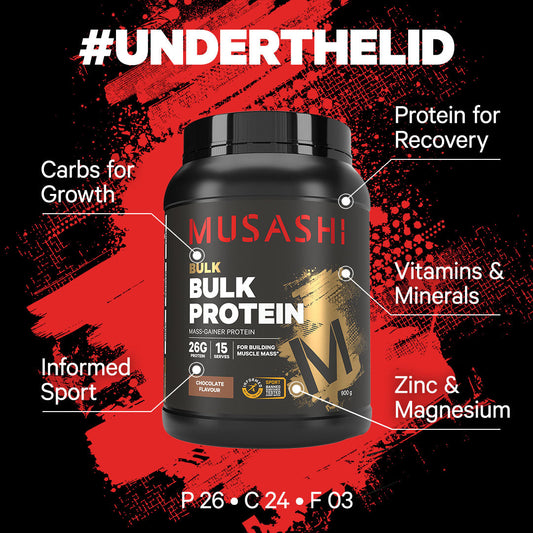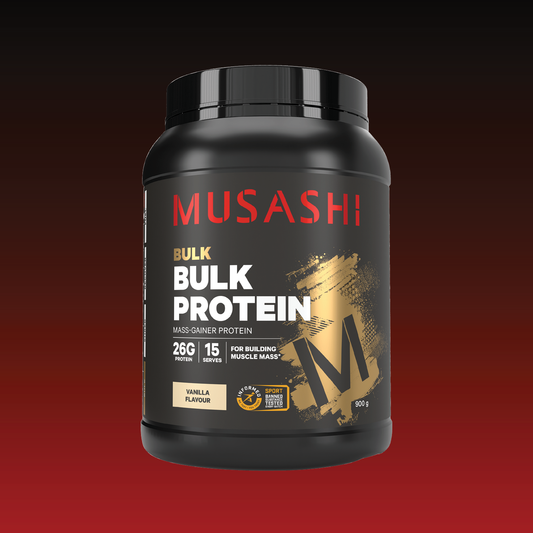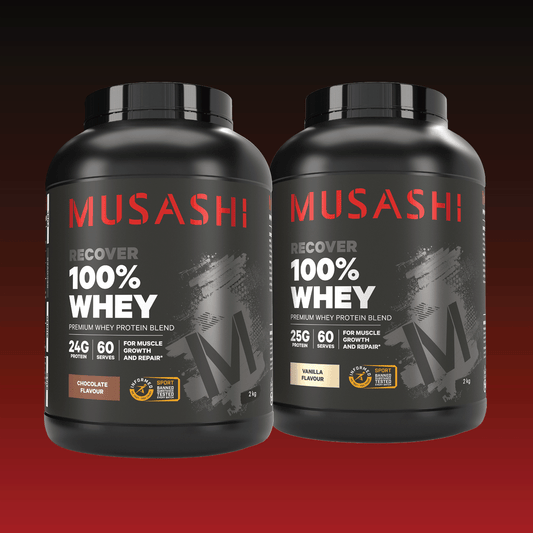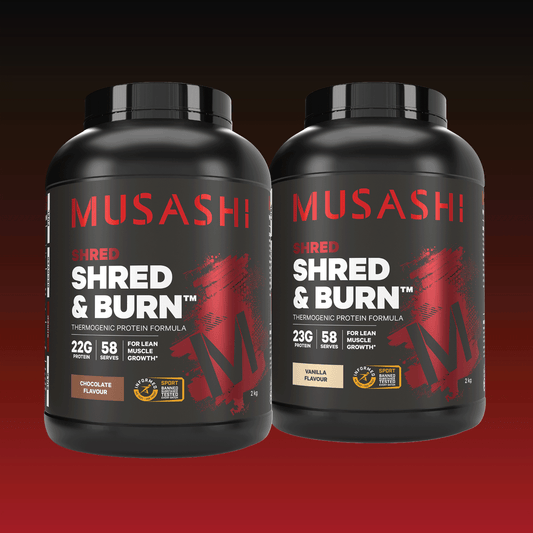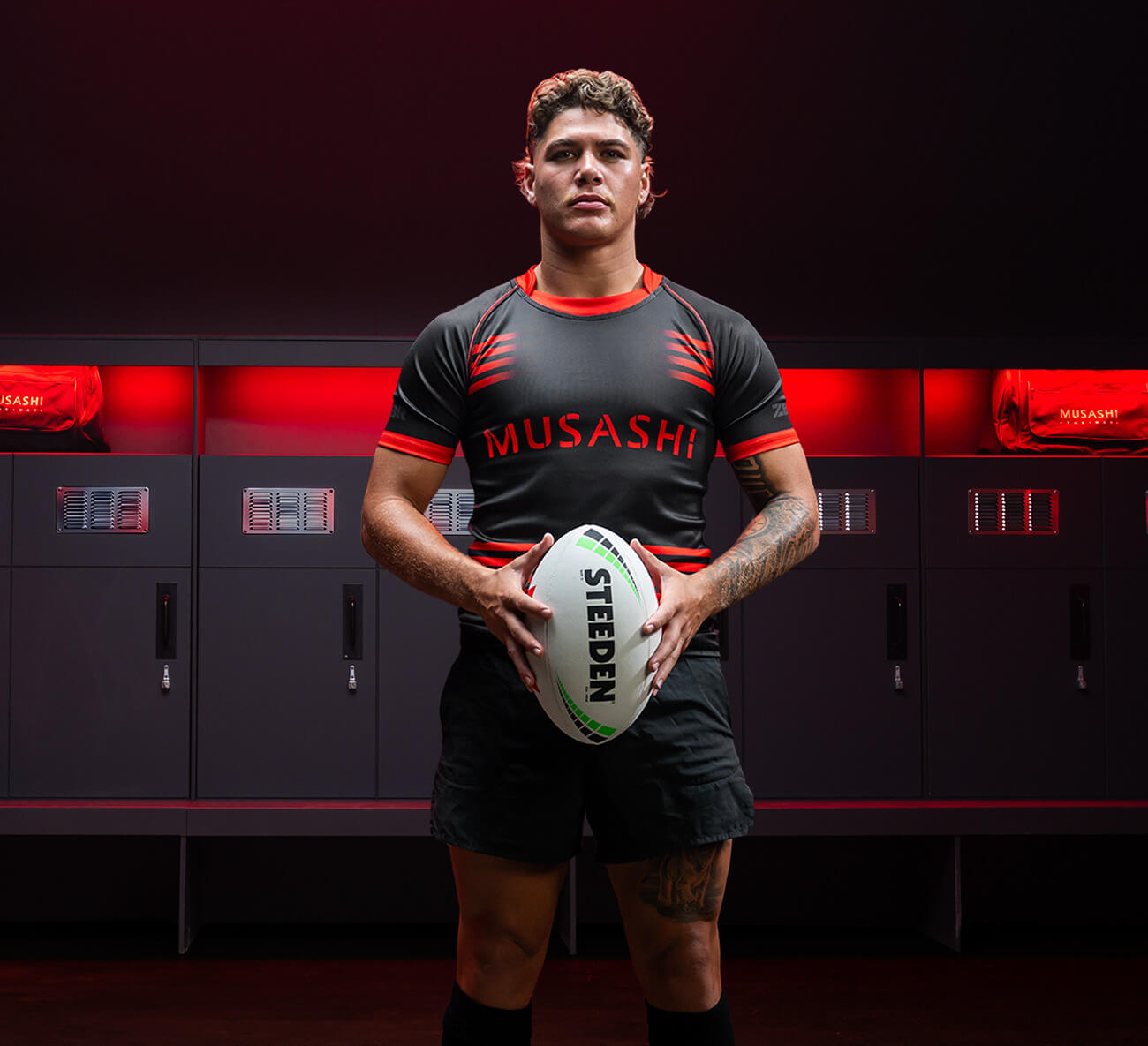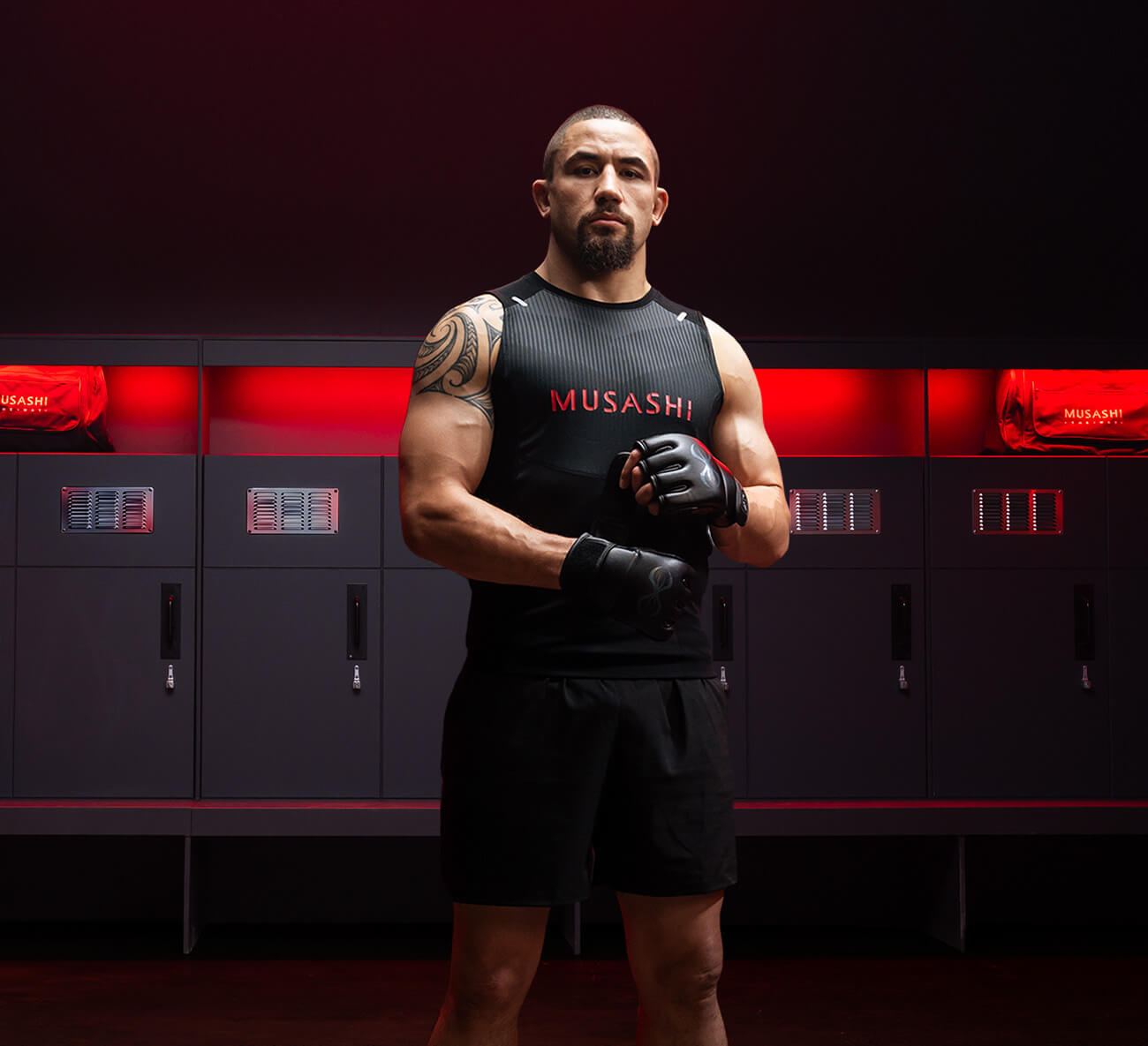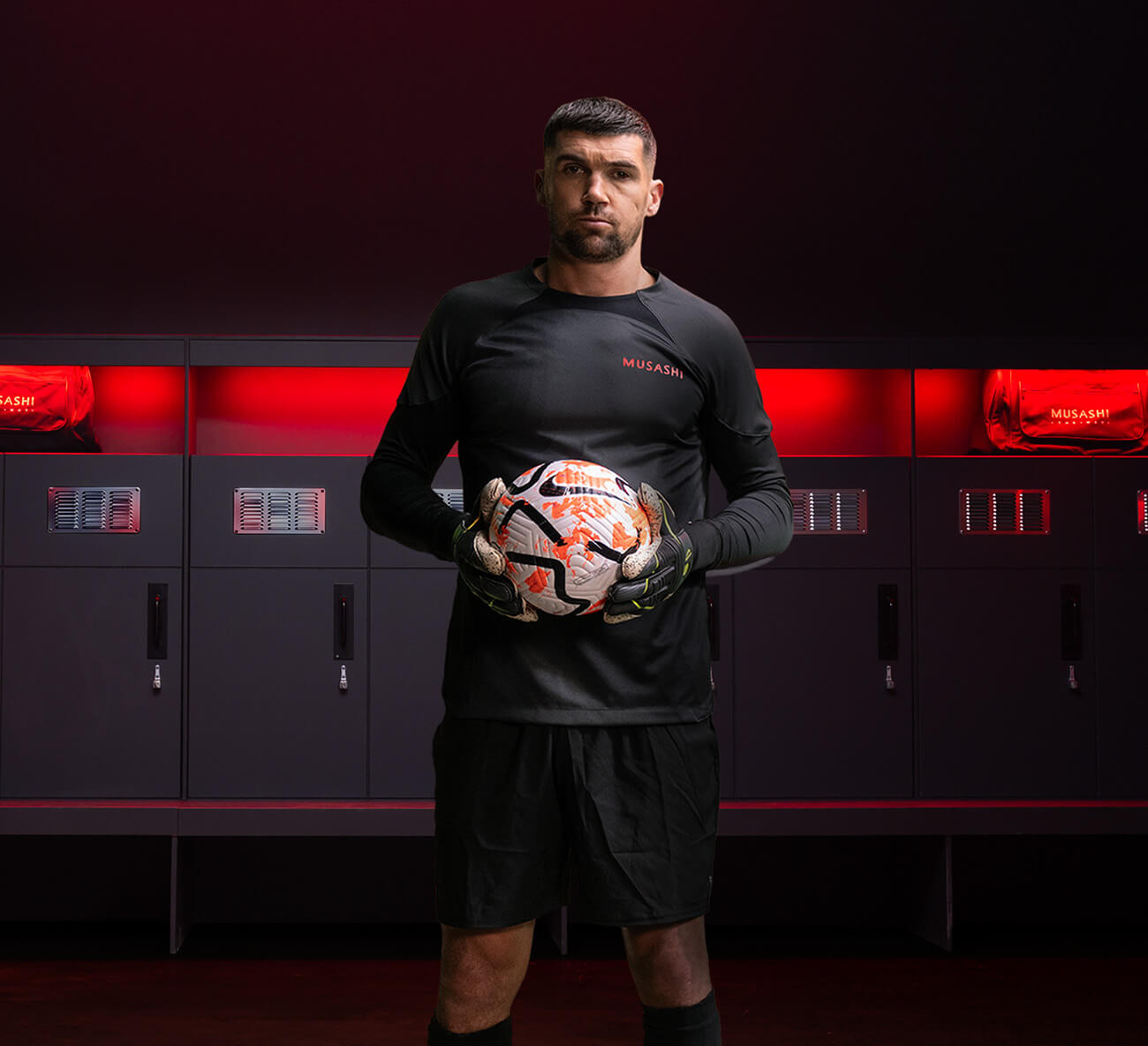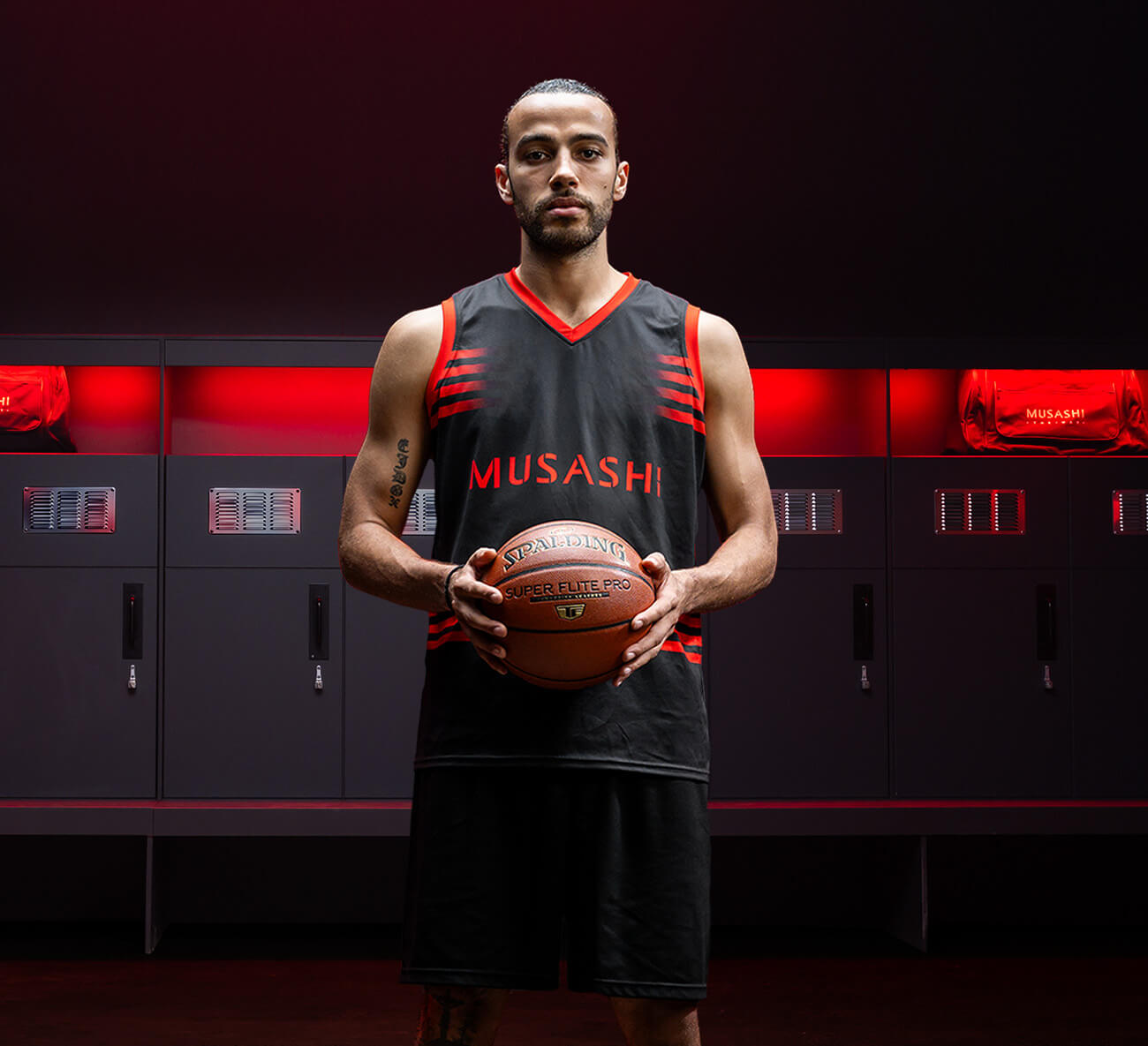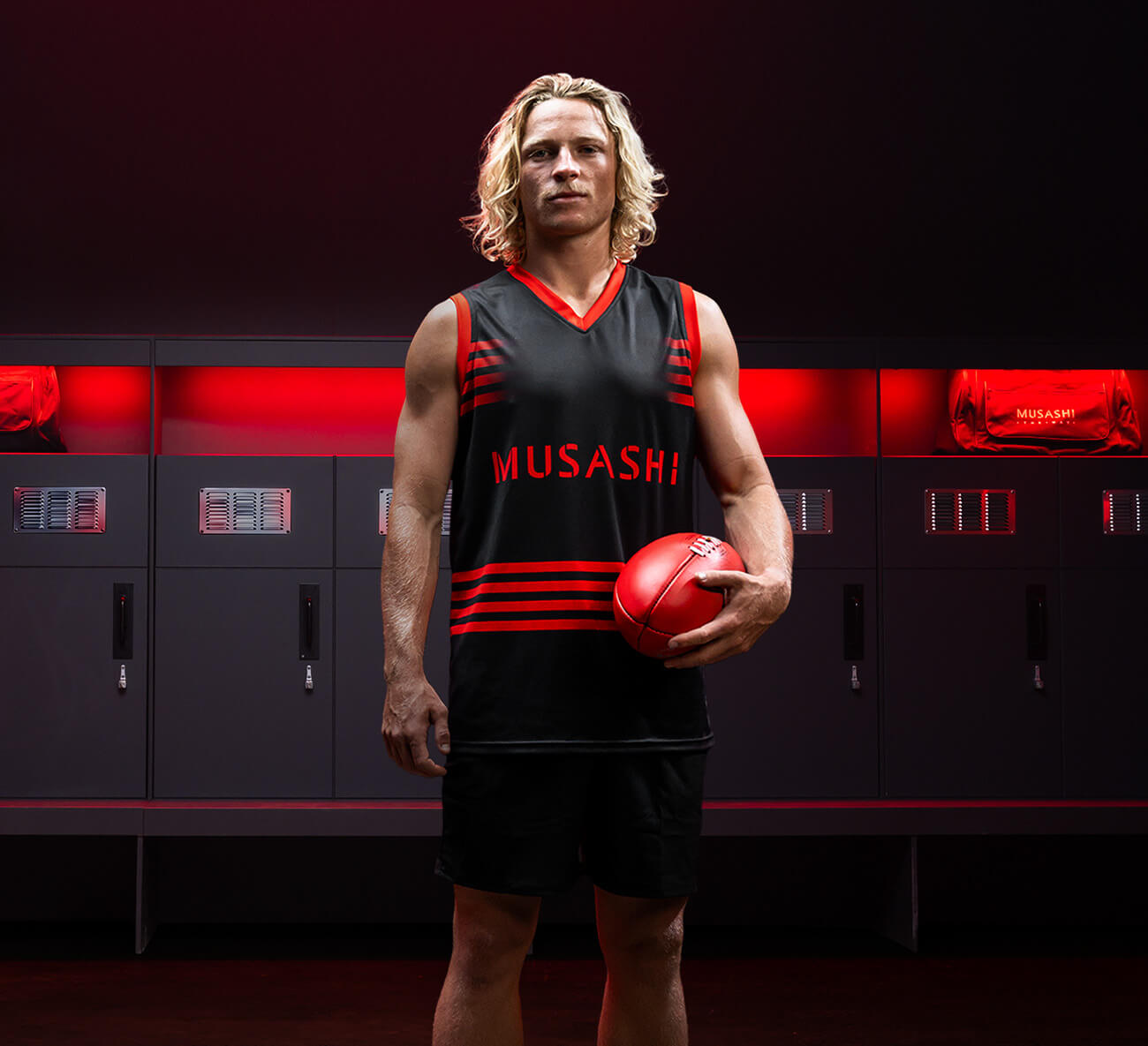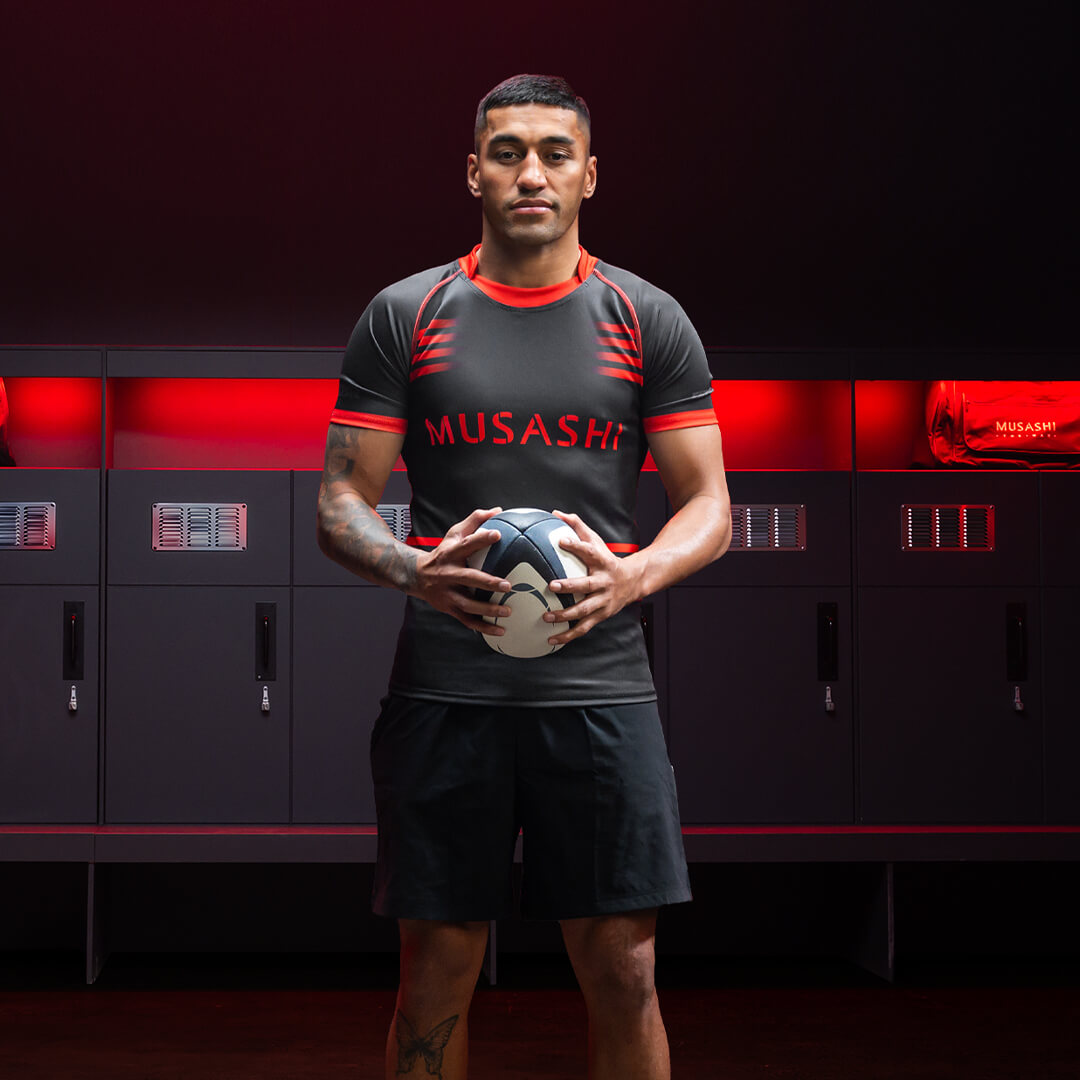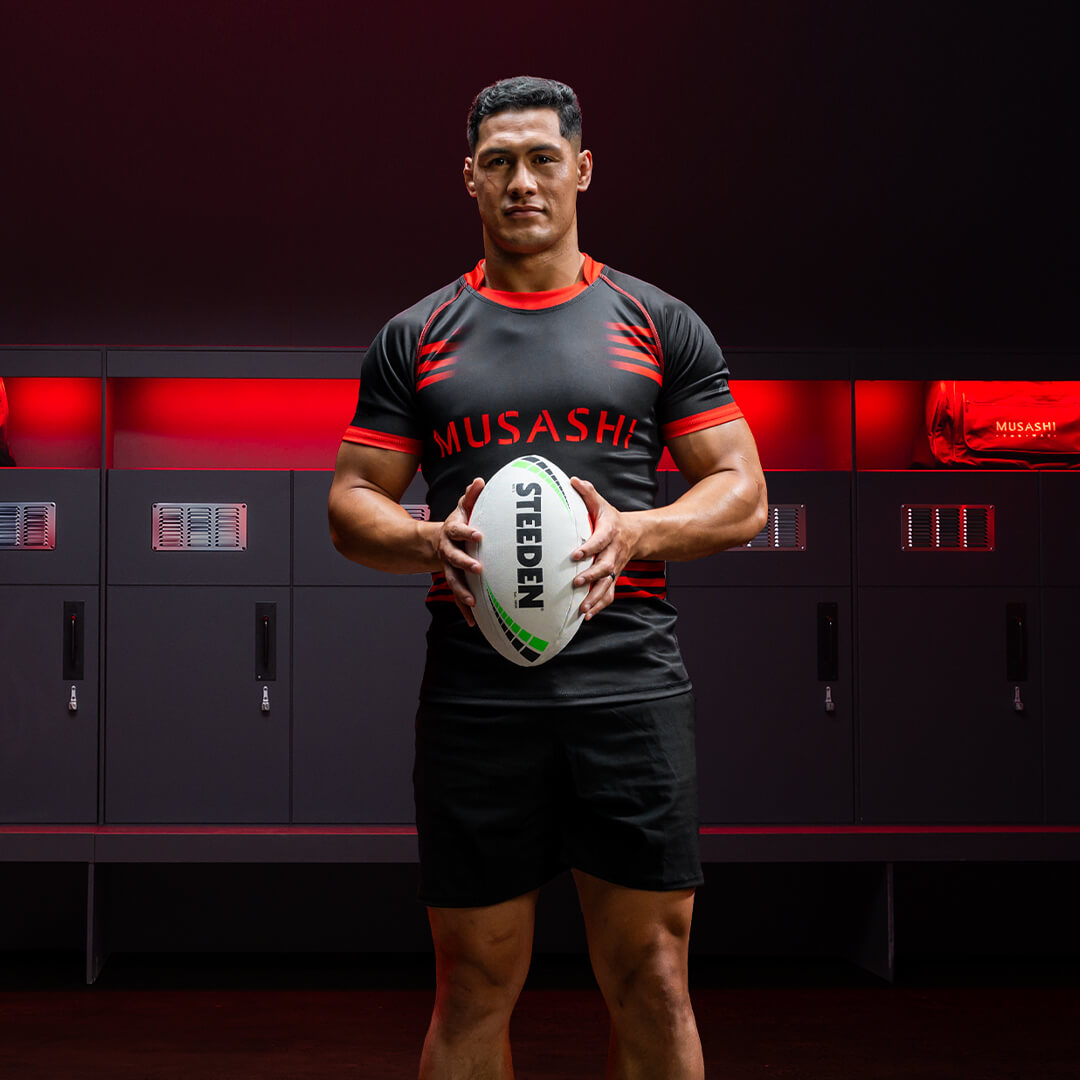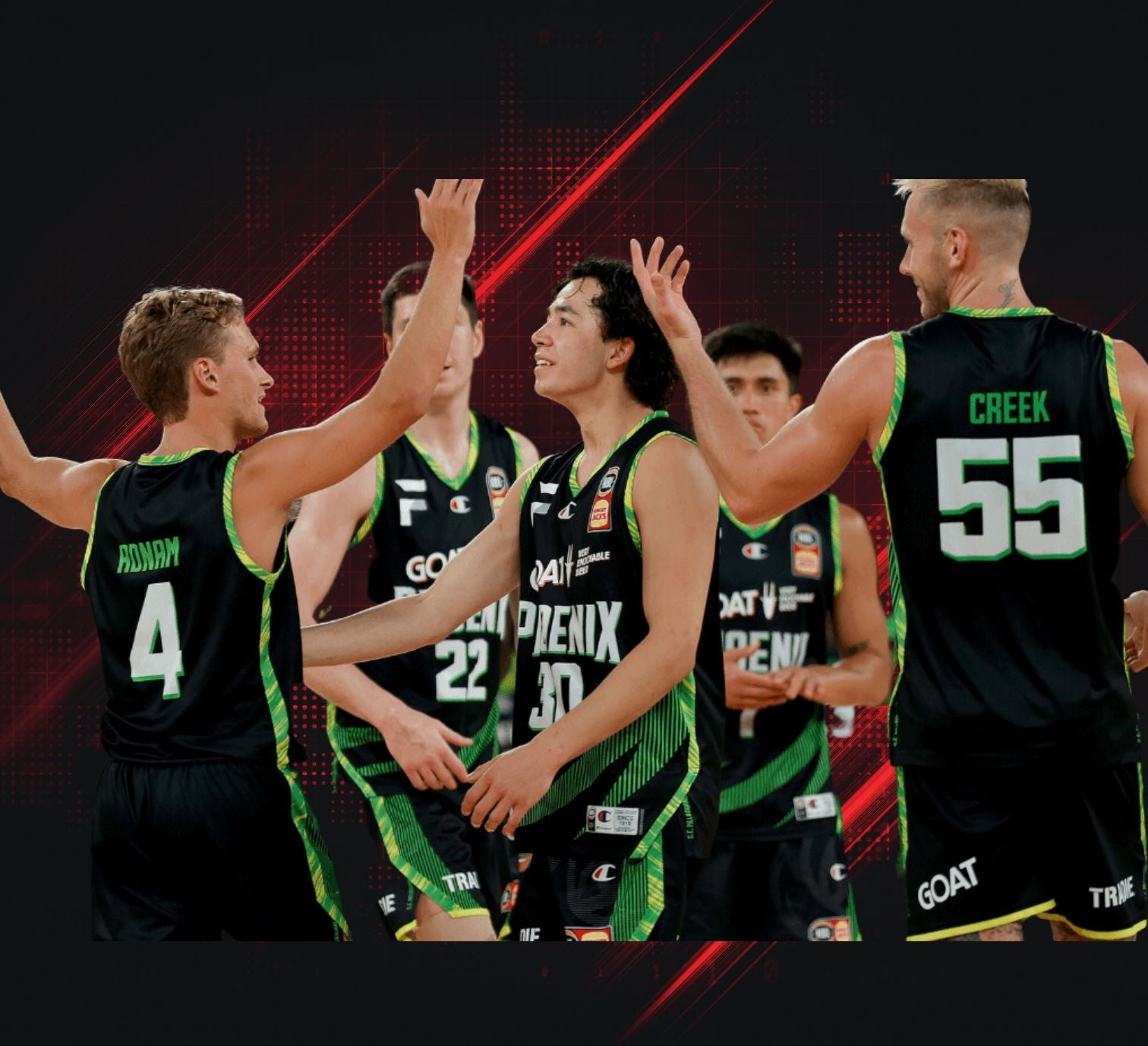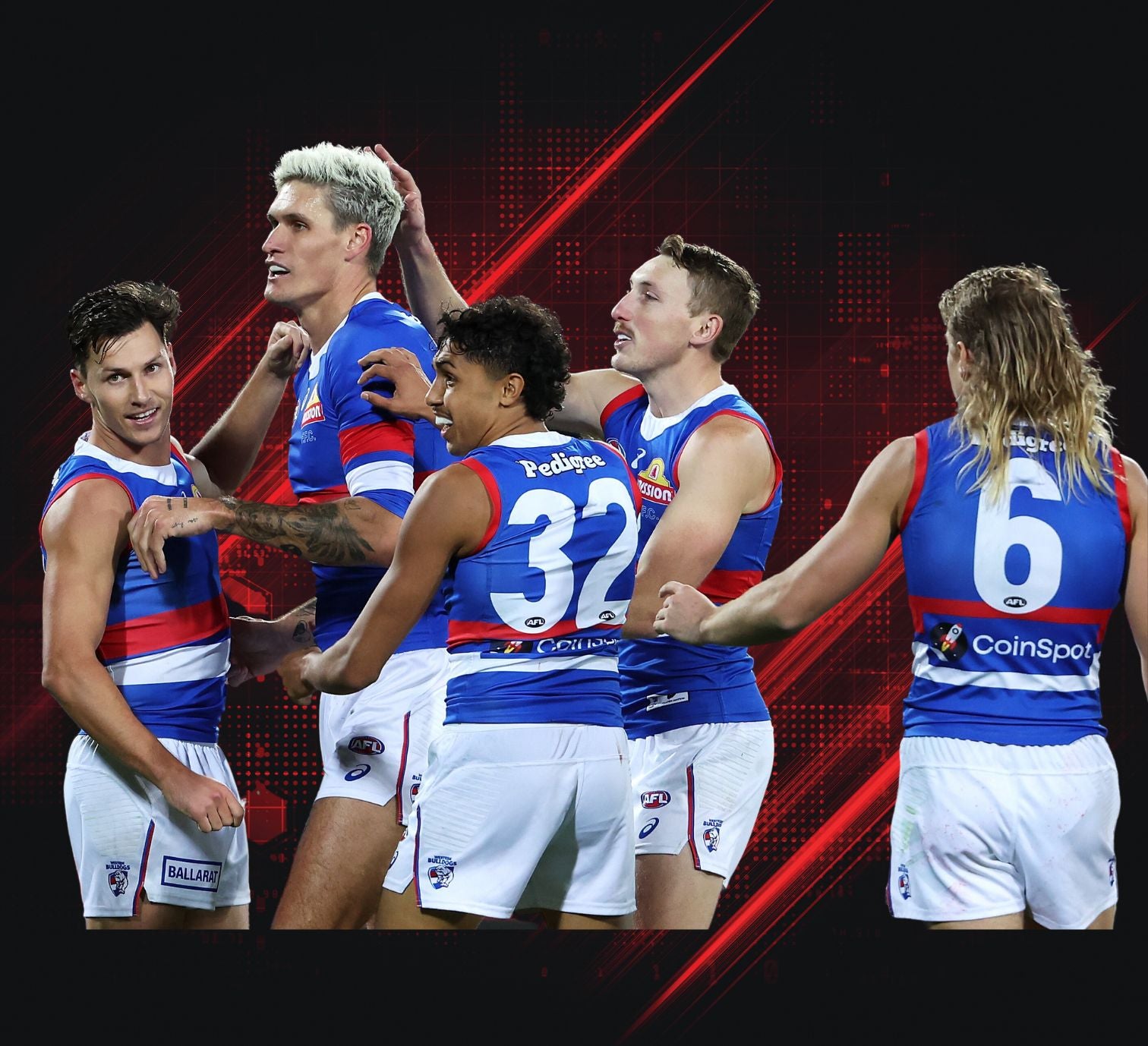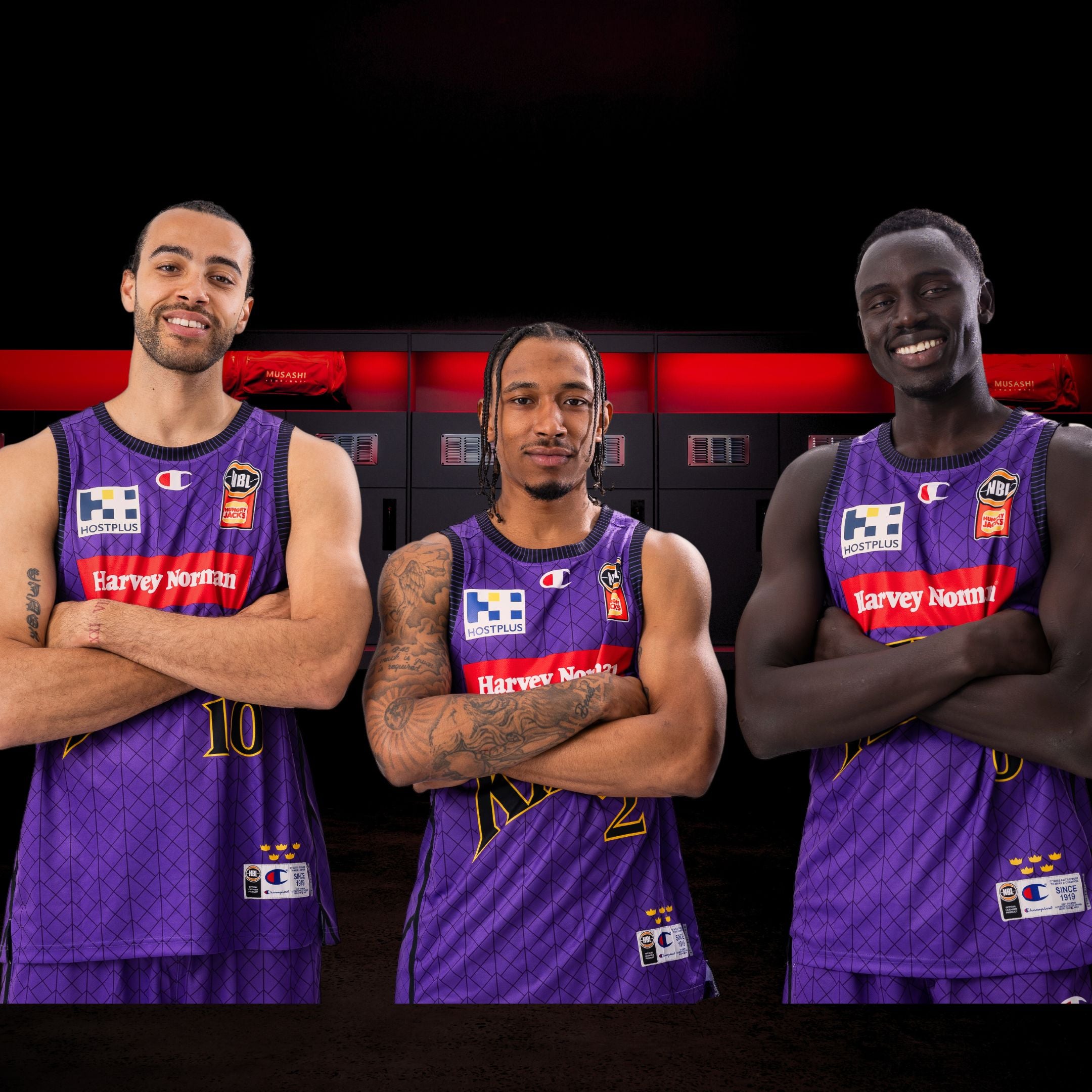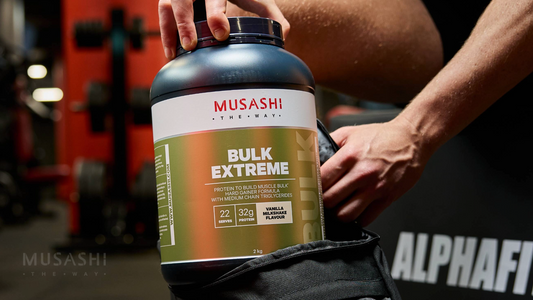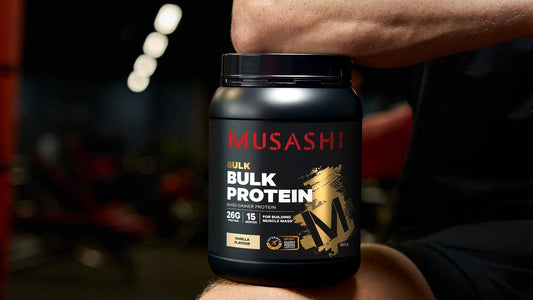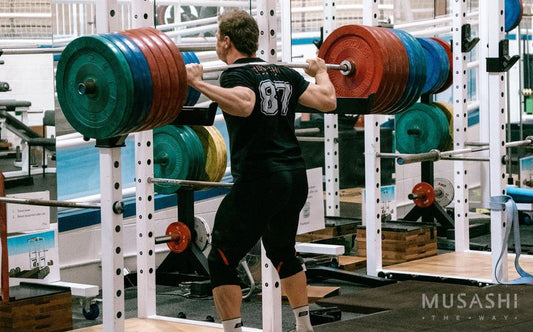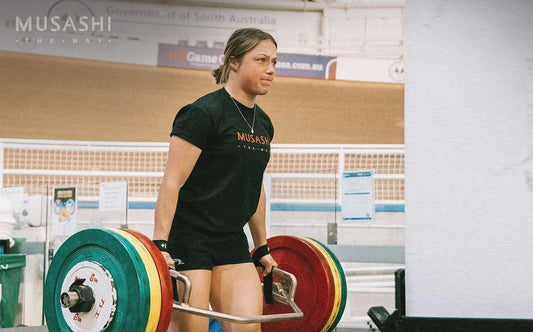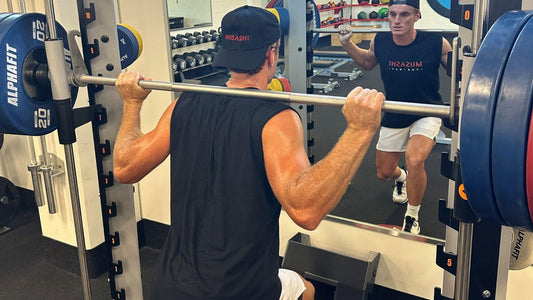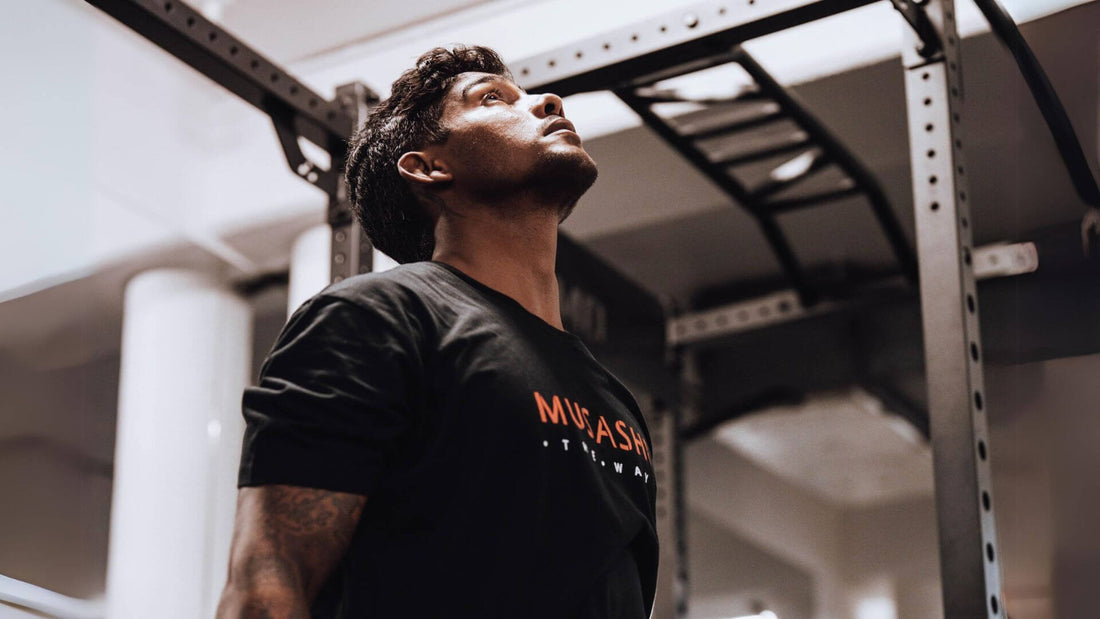
When people start resistance training, they do so with either a hypertrophy or sports specific goal in mind. To improve muscle they often go hard, they want muscle fast, so they train five, six or even seven days a week. A common approach for most goals in life is more is always better! In sport and exercise this is not the case. To achieve hypertrophy gains, it is important to understand a superior resistance program which includes scheduled rest and quality nutrition, can be more important than training every day.
Beginner Training Plans
Beginners looking for hypertrophy gains commonly plan three resistance workouts per week. A full body workout including the main compound exercises; squats, deadlifts, bench press and shoulder press, 2-3 times per week with at least one day off between workouts is a good place to start. Athletes looking for sports specific results e.g. cyclists my benefit from a single resistance training program each week.
You can expect to see good gains in strength as the body adapts over the first few months of training. The benefits of your new increased strength will show itself in various ways as your body becomes fitter and stronger.
Advanced Training Approaches
During the early years of bodybuilding, a common weekly training schedule would consist of 2-hour full body workouts hitting every muscle group three times a week. Many bodybuilders believe that they can improve progression by targeting individual muscle groups during different sessions, for example, chest and triceps one day followed by back and biceps the next.
This method has been taken to the next level by the introduction of split daily workouts, doing half in the morning and the other half in the afternoon or evening (e.g. chest in morning and back in the evening). This is known as double-split workout. This technique is still common practice however is only recommended for short-term gains and should not be continued for extensive periods of time due to risk of overtraining.
How Many Days a Week Should You Train?
Taking into consideration various studies and personal experience of bodybuilders the following provides a good guide for the amount of training days for hypotrophy gains.
Beginner
Full body sessions 2-3 days per week
Intermediate
Split workouts by body part or upper/ lower body 3-4 sessions per week
Advanced
Either full body sessions or split body parts 4-5 times per week
The concept of 'less is often more' might sound crazy but focusing on recovery rather than how many sessions you can fit into your week, might actually leave you pleasantly surprised. It is important to remember that if appropriate recovery in not included in the program e.g. rest days and nutrition, then strength and performance will be impaired.
Pay attention to your energy levels and how you feel within first 48-hours post training. This is often good indicator to whether you are training too hard or overdoing it. Common overtraining signs include constantly feeling run down or sick, starting most training sessions feeling sore, lack of motivation and a plateau in results for more than a week at a time.
A well thought out diet along with a structured supplement protocol will help support hypertrophy gains. Musashi Bulk Protein provides a great post-recovery shake triggering fast recovery and replenishing the body in time for the next training session.
Reference:


